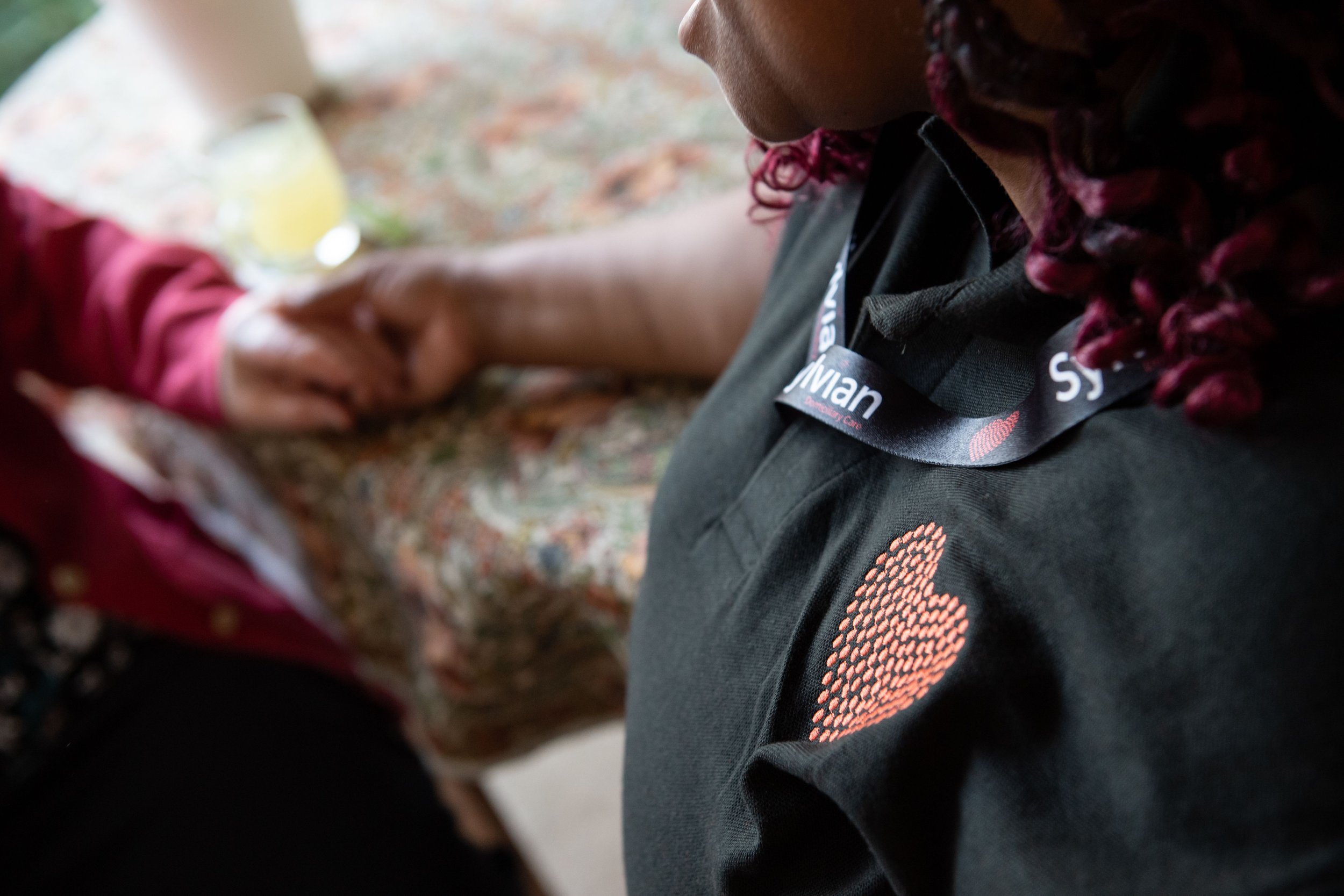Embracing difficult conversations to get the most out of life
We tend to put off difficult conversations, especially when it concerns death or dying. Avoiding discussions can cause conflict, uncertainty and stress for both you and your loved ones. That is why we should reconsider the importance of those conversations, shifting the dynamic from avoidance to initiation.
Here, Liz Oti, Registered Manager of our Cherwell & West Oxfordshire office, guides us through why it is crucial to engage in conversations around death and dying with our loved ones or relatives, providing some practical steps to help you and those around you prepare.
Why is it important to raise the subject of end-of-life plans with loved ones?
Discussing end-of-life plans with our loved ones may seem like a daunting or overwhelming task – but initiating these conversations can be easier than you think. The benefits of open and honest conversations far outweigh the negatives. So, why is it important?
Firstly, engaging in these conversations gives you and your family a greater understanding of what the end-of-life wishes of an individual are. This means everyone involved knows what their preferences are for care, treatment and final arrangements, minimising potential conflict and confusion with other family members. By openly discussing dying, your relative can assert their autonomy and ensure their wishes are respected.
Conversations around death and dying can alleviate the stress and anxiety that arise too. Knowing plans are in place provides a sense of peace and comfort, enabling everyone to focus on spending quality time together during their loved one’s final days – rather than being overwhelmed by uncertainty and logistical challenges.
Planning ahead is an integral reason why having conversations around death and dying is so crucial. Addressing financial arrangements and funeral preferences eases the burden on family members. It reduces the stress of making important decisions at a time of grief, ensuring the dignity and respect of the person who has passed away.
Talking about death and dying with your loved ones helps you and your family navigate the grieving process smoothly, giving you more closure and the knowledge that their wishes are being honoured and providing a helping hand when dealing with their loss.
How to go about it and what to do to help?
We have established that having difficult conversations about death and dying is important and a crucial step to prepare for when a loved one or relative passes away, but how do you go about it? Here are five practical steps to take to create a supportive and organised approach to end-of-life planning:
· Safe and supportive environment – initiate conversations in an environment where everyone feels comfortable expressing their thoughts and feelings. Finding a suitable time and a place is key and sets the tone for openness and honesty.
· Writing a will – encourage your relative to write a will outlining their wishes for their assets, belongings and estate distribution. This not only helps to avoid potential conflicts among family members but allows time to plan ahead, ensuring their wishes are carried out as intended.
· Organising important documents – following on from writing a will, assisting your relative to organise important documents like insurance policies and financial accounts can streamline the process when the time comes, alleviating stress at a difficult time.
· Seeking home and end-of-life care – discuss options for home care or end-of-life care with your loved ones. Research and explore the different options, ensuring their preferences and comfort are prioritised – being prepared provides peace of mind for yourself and your loved ones.
· Funeral and burial arrangements – having conversations about this allows your loved one to express their wishes regarding funeral arrangements or their burial or cremation preferences, allowing them to be honoured and respected when they pass away.
By taking these practical steps and having open conversations about death and dying, you can help your relative feel supported, prepared and empowered to make decisions that align with their wishes and values. This approach can reduce stress and uncertainty for everyone involved, creating a sense of peace and dignity during a challenging time.
Conversations about dying matter
For me and the team at Cherwell and West Oxfordshire, having those conversations is very close to our heart. We are keen to support by letting people know that having those discussions is not as difficult as they may have previously thought.
Being open and honest, and constructing a plan for end-of-life situations, is the best course of action for you and your loved. We offer in-home care support, tailored to your needs. Our care professionals are fully trained, providing you and your loved ones with peace of mind, knowing they are in a comfortable, safe environment with their dignity respected. We also offer end-of-life care, so when the time comes, the individual and their family receive the best support to navigate such a challenging period.
If there is anything you'd like to know about the opportunity of becoming a Sylvian partner, you can reach us at franchising@sylviancare.co.uk

